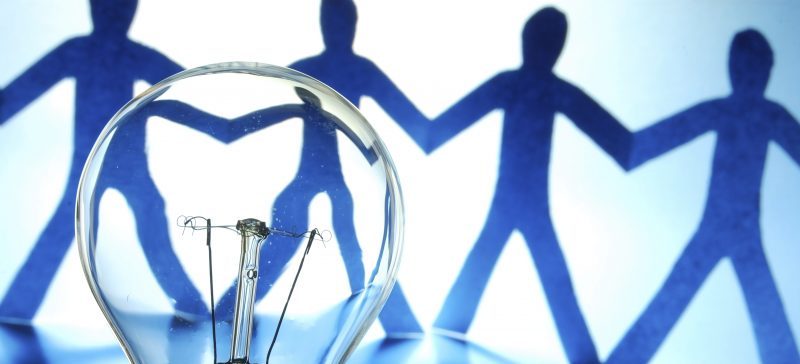Everyone can recall the dreadful feeling in school when the teacher would announce a group project. Almost worse than worrying about who would be in your group was the thick silence of everyone sitting together but unwilling to share their ideas.
Even though we might not remember them fondly, group projects were important opportunities to practice working closely with others, something that most of us are required to do in our adult lives daily. Despite how often it’s required, collaboration can be something that many teams struggle with.
If you’re looking to improve collaboration at your workplace, here are a few tips to help you get your team on the right track:
- Start with trust
Have you ever had to work closely with people who you don’t know well? If you have, you probably know how difficult it can be to feel comfortable sharing your ideas, especially in front of a group. For each member of a team to put forward their best on a collaborative project, there must be an environment where everyone feels secure, cared for and unafraid to share their ideas.
While creating such an environment is easier said than done, a good place to start is to simply get everyone to know each other better. Icebreakers and other games that build familiarity can help to make meetings feel more like a team event instead of a gathering of strangers. Plus, they can also be a great way to sneak some fun into the work day.
- Include others who will bring outside perspectives
Building off the last tip, another way to foster a collaborative mindset in your team is to value all ideas, even if they come from someone who might not work directly on the project in question.
If things are getting stagnant, try bringing a fresh set of eyes to an issue or adding a new mind to a brainstorming session. Doing so will help your team to focus less on qualifications and more on quality when sharing their ideas.
- Eliminate “No, but…”, practice “Yes, and…”
Although we hear it all the time, building a workplace culture that accepts and knows how to handle failure is a crucial element for establishing a collaborative environment. A key part of this is emphasizing to your team that there are no bad ideas.
The next time you are brainstorming ideas with your team, try practicing this core pillar of improv comedy. When improvising a scene, if someone introduces an idea, their partner doesn’t argue against it (“no, but…”). Instead, they accept it and help to build onto it (“yes, and…”). For example, if someone were to say they were a doctor in a scene, their partner might build off this by specifying what kind of doctor they are.
Following the idea of “yes, and,” instead of focusing on why an idea might not work and scrapping it due to its flaws, try and pick out any elements that have some merit and could be refined. By working with your team members to refine their ideas, you will show them that they can contribute and that their thoughts are valuable to the mission, even if they aren’t immediately perfect.
For more content, career resources and training, be sure to check out our NextGen Summit in 2020. GovLoop, Young Government Leaders and hundreds of public servants will come together on Wednesday, July 22-23, 2020, at the Marriott Marquis Downtown DC Hotel for two days of training and leadership opportunities, innovating and networking. Will we see you there?
